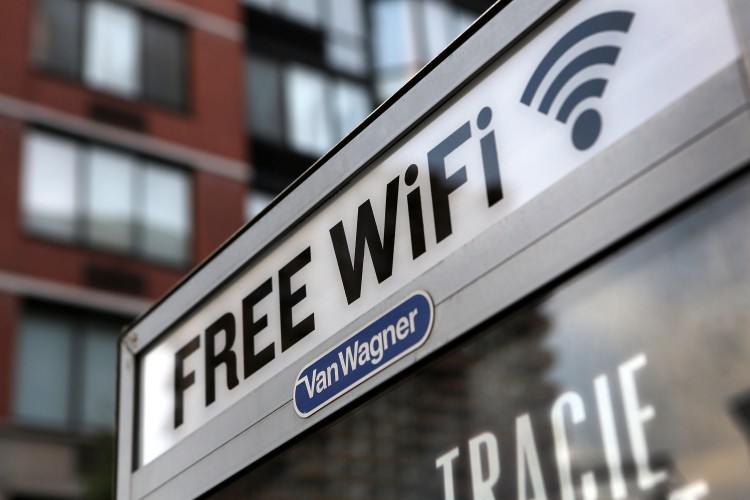A U.S. delegation is preparing to do battle at a global telecommunications meeting next month, with a focus on protecting an international treaty that has ensured Internet freedom for over two decades.
The 1988 treaty, the International Telecommunications Regulations (ITRs), covers the way international voice, data, and video traffic is transmitted. The ITRs are up for review at a United Nations International Telecommunication Union (ITU) convention from Dec. 3 to 14 in Dubai.
The United States is arguing that the treaty has worked well, allowing the Internet to flourish and individual countries to make their own regulations and, as such, the treaty needs little modification. Other countries, including Russia and China, are proposing changes that will see greater government control, new restrictions, and less transparency on the Internet.
Mindel De La Torre, head of the International Bureau of the U.S. Federal Communications Commission, said the survival of the ITRs to this point is due to their “high-level” focus on general principals.
Some countries have expressed concern that the free nature of the Internet will cost revenue, De La Torre said, referring to communications software company Skype as an example. But they are looking at “old framework” models that could eventuate into things like “toll booth”-type systems at country borders, which would stifle the Net.
The Internet’s success in its present form had brought great benefit to countries around the world, she said, and added that a key tenet of U.S. strategy is, “If the treaty isn’t broken, don’t fix it.”
De La Torre was the keynote speaker at a forum in Washington, D.C., Tuesday, on the coming Dubai World Conference on International Telecommunications (WCIT). The forum was one of a series organized by a group of telecommunication companies under the title of the Broadband Breakfast Club.
Lawyer Ross Schulman, responsible for public policy at the Computer & Communications Industry Association, sees increased regulations as an economic threat. The Internet is now used by over 2.2 billion people and has enabled those in both the developing and developed world to reach well beyond local markets, to the international marketplace.






